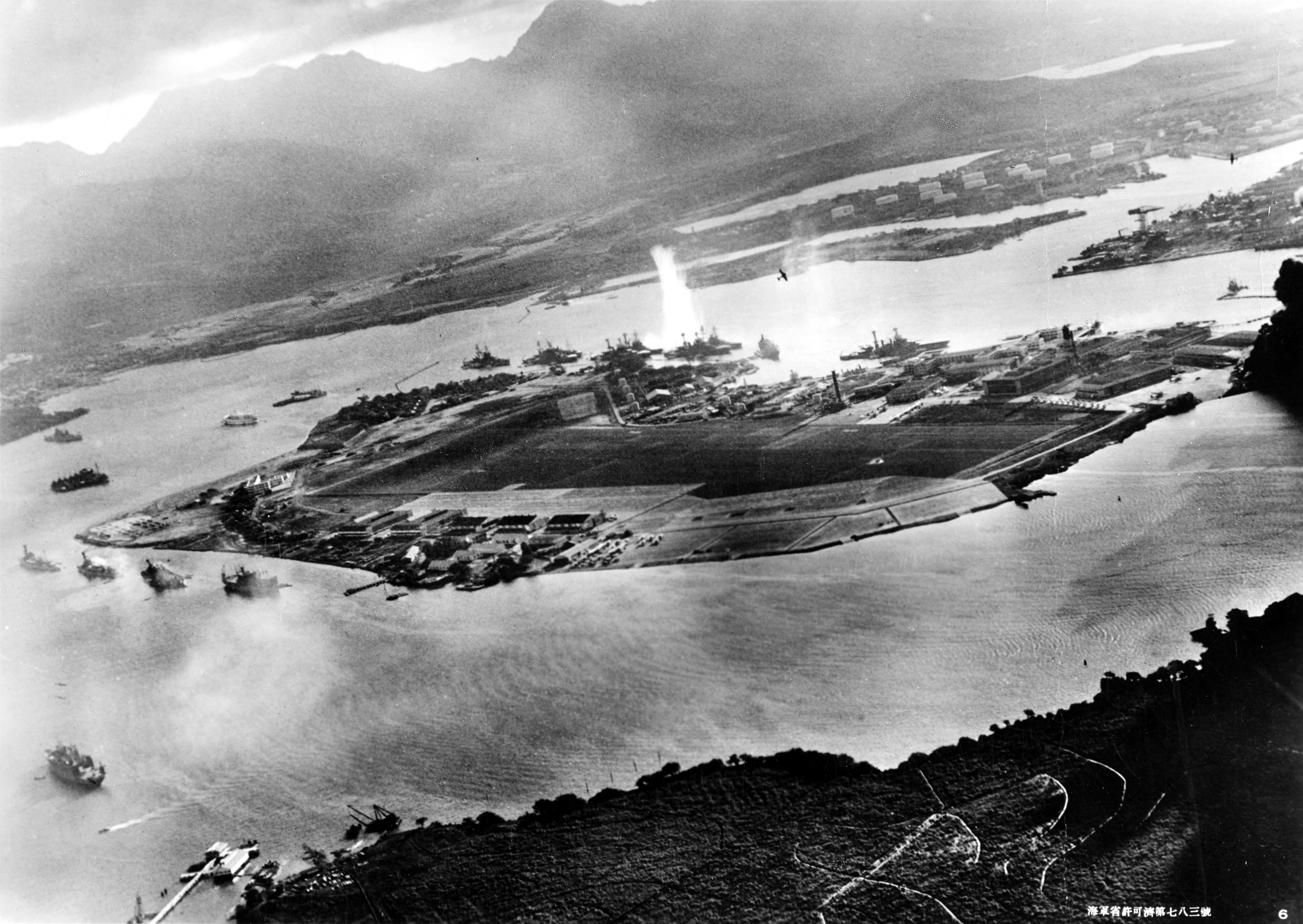.
The Persian emperor who had once been defeated in battle by Athens now required an attendant to accompany him at all times, to help him combat fatigue and discouragement and restore his taste for battle by murmuring night and day, "Lord, remember the Athenians." The mere words were enough to awaken the old feeling. This custom of the emperor persisted long after his reasons for going to war with the Athenians had faded from his mind. But his distaste for conflict remained a secret known only to his loyal attendant, who was forever whispering into his ear the prescribed urgings. The emperor seldom slept, the attendant even more rarely.
A new campaign began but the emperor barely noticed, for him things continued as they had been. Even when the fever of battle was sweeping over everyone around him, he felt himself strangely detached, as if standing, fully dressed in his battle armour, his bright war pennants unfurled brilliantly before him, well apart.
Then one night when a ground fog had crept over the camp, the tents were enveloped in silence, and the distant fires of the Athenians could hardly be made out through the mists that cloaked everything -- or, perhaps, it may have been on a night at sea in the Straits that this happened, and it was the distant lights of the enemy ships that were dimmed -- a peaceful moment befell the contending armies -- or fleets.
And the emperor's attendant drifted off to sleep.
It was as if something within the world had shifted, in that moment. There then prevailed a period of peace between the Persians and the Athenians.
US Navy sailors in motor launch rescue a survivor alongside the sunken battleship USS West Virginia during the Japanese raid at Pearl Harbor, 7 December, 1941: photo by US Navy
Torpedo exploding on USS Wast Virginia at Pearl Harbor, 7 December 1941, seen from attacking Japanese plane: photo by Japanese Navy Ministry
Torpedo exploding on USS Wast Virginia at Pearl Harbor, 7 December 1941, seen from attacking Japanese plane: photo by Japanese Navy Ministry

